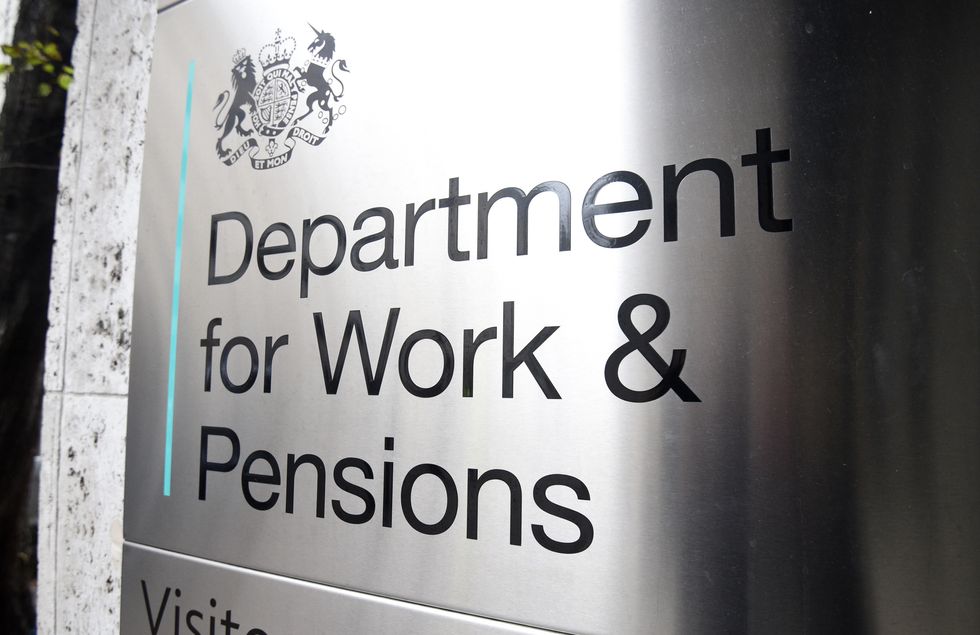Pensioners can quickly check if their state pension payments will arrive early this Christmas by looking out for two specific digits.
Due to bank holidays over the festive period, thousands of pensioners will see changes to their usual payment dates from the Department for Work and Pensions (DWP).
The two-digit code at the end of each person’s National Insurance number determines their regular state pension payment day, with different number ranges corresponding to specific weekdays.
Those expecting payments around Christmas and New Year may receive their money earlier than usual.
With Christmas Day falling on a Wednesday and Boxing Day on Thursday this year, the DWP will issue payments earlier for those due on these dates as they are bank holidays.

Those expecting payments around Christmas and New Year may receive their money earlier than usual
PA
Anyone expecting their state pension on December 25, 26 or 27 will receive their payment on Tuesday, December 24.
The changes also affect New Year payments, with those due to receive their pension on Wednesday, January 1, getting paid on Tuesday, December 31.
These changes occur because the DWP does not make payments on bank holidays, instead paying on the last working day before the holiday.
On their website it states: “The day your pension is paid depends on your National Insurance number. You might be paid earlier if your normal payment day is a bank holiday.”
While receiving payments early may seem advantageous, the DWP reminds pensioners they will need to budget carefully to make their money last until their next payment date.
The payment amount will remain the same and will be paid into the usual account.
The last two digits of your National Insurance number provide an easy way to identify one’s usual payment day.
The DWP explained that for those with numbers ending between 00 and 19, state pension payments are made on Mondays.
Numbers between 20 and 39 indicate Tuesday payments, while those ending in 40 to 59 receive their pension on Wednesdays.
Pensioners whose National Insurance numbers end in digits between 60 and 79 are paid on Thursdays.
Finally, those with numbers ending between 80 and 99 receive their payments on Fridays.
Different rules apply for pensioners living abroad. This system applies throughout the year, though bank holidays can temporarily alter the schedule.
The payment schedule is designed to spread state pension payments across the working week, helping to manage the flow of payments efficiently.
Those with National Insurance numbers ending in digits between 40 and 99 who are scheduled for payments in the week beginning December 23 are likely to be affected by the Christmas changes.
If the payment is due on a different day, they will receive their money as normal with no changes needed. If the payment doesn’t arrive on the expected date, Britons should contact the DWP as soon as possible.
This is particularly important as DWP support offices will be closed during the bank holidays.